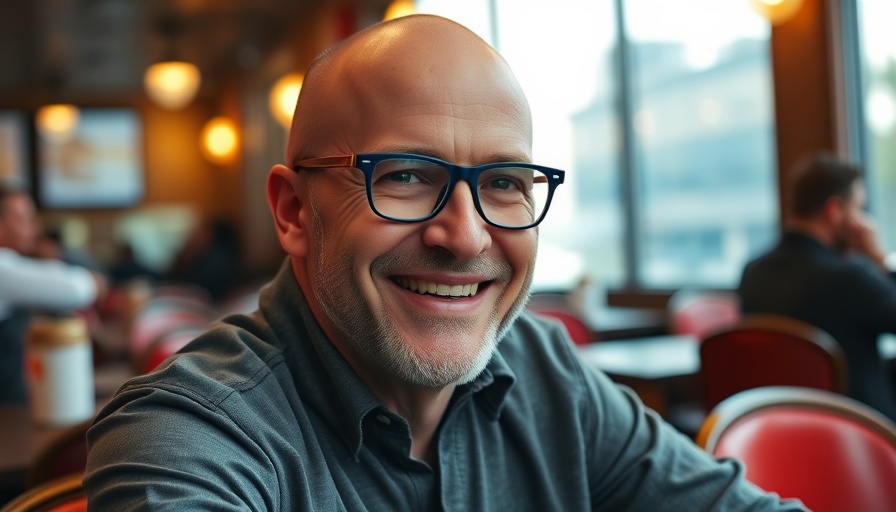
Chef Andrew Weissman Brings New Vision to San Antonio Dining
In a brave culinary move, Andrew Weissman, renowned for his culinary prowess and four-time James Beard nominee, is set to redefine the restaurant landscape in San Antonio with his upcoming American/French concept at Alon Town Centre, opening November 1. As he prepares to launch this fresh idea, Weissman is turning heads with a straightforward premise: no tipping. This decision stems from his desire to alleviate the burdensome tipping culture that has long plagued the dining industry.
Value-Driven Approach in a Shifting Economy
Recognizing the current economic climate, Weissman aims to offer a menu where entrees are priced under $20, with drinks not exceeding $10. Sponsored by his experience at Mr. Juicy, where he also discouraged tipping, Weissman is passionate about providing a dining experience that doesn’t burden guests with financial pressure. “It’s a difficult economy so we want to offer extreme value,” he explained, emphasizing his commitment to fair wages for his staff instead of relying on tips.
Elevating Cuisine with a French Twist
The restaurant will feature an innovative menu designed to merge enhanced American fare with French influences. Dishes will include unique creations such as a classic French sandwich paired with caramelized onions, blue cheese, and au jus, as well as house-made potato chips served with chive cheese fondue and rich ricotta gnocchi in truffle cream. With this menu, Weissman aims to shift perceptions of upscale dining while maintaining affordability.
A Return to Culinary Roots
Weissman’s journey in the culinary world began in the late 1990s, and he made a significant impact on San Antonio's culinary scene with the launch of Le Reve, a now-closed French restaurant that gained national recognition. In juxtaposition, his recent venture with Mr. Juicy introduced gourmet and funky burgers to an unsuspecting audience, showcasing Weissman’s versatility as a chef, leading to immediate success.
Community and Connection: The Heart of Weissman’s Concept
Weissman’s vision is much more than just food; it is about creating a social connection within the community. By offering a comfortable, no-pressure dining environment, he hopes to cater to patrons looking for quality and value without the usual pretense associated with fine dining. This human-centric approach can resonate well with diners fatigued by traditional service norms.
What Lies Ahead for San Antonio’s Culinary Scene
As Weissman embarks on this new journey, he signals a potential shift in the restaurant industry, prompting discussions about the tipping culture and how it impacts both staff and customers. With the current economic challenges, can the no-tipping model thrive in a more upscale culinary context?
Weissman’s anticipation of expanding Mr. Juicy alongside his new concept illustrates his ambition and passion for food. The groundwork he lays with each of his projects contributes to San Antonio’s growing culinary reputation, and diners will surely keep a close watch on how this venture unfolds.
In a rapidly changing dining landscape, Weissman’s arrival heralds a new era of thoughtful dining. Through his dedication to value, community, and innovative cuisine, he invites us to rethink our dining experiences, making it intriguing to see how patrons respond when the restaurant opens its doors.
 Add Row
Add Row  Add
Add 




Write A Comment